
Drink coffee THIS way to protect and reverse liver damage caused by alcohol

A study published in the Alimentary Pharmacology and Therapeutics journal examined the relationship between coffee consumption and its potential to reduce liver damage caused by alcohol. (Updated June 23, 2022)
What Researchers Found:
In a review of eight studies, researchers discovered that increasing coffee consumption by just two cups per day was linked to a statistically significant reduction in the risk of cirrhosis.
-
One cup of coffee reduced the risk by 22%.
-
Two cups reduced the risk by 43%.
-
Three cups reduced the risk by 57%.
-
Four cups reduced the risk by 65%.
While this doesn't mean you should aim for four cups a day, especially if you have an alcohol addiction, drinking black coffee could help offset some of the damage alcohol causes to the liver. Of course, seeking professional help to manage alcohol consumption is crucial, but coffee can play a supportive role in liver health.
Other Benefits of Drinking Coffee:
Coffee is more than just a pick-me-up—it’s loaded with antioxidants that help prevent oxidative stress and protect against DNA damage. The polyphenols in coffee are linked to protective effects against a range of diseases, including heart disease, cancer, and Type 2 diabetes, which is why coffee is considered the number one source of antioxidants. Additionally, biochemicals in coffee like kahweol and cafestol can reduce the toxicity of certain carcinogens.
While adding sugar and cream to your coffee can diminish its health benefits, you can boost its immune-supporting effects by pairing it with healthier ingredients like coconut oil and honey. Alternatively, you can transform your afternoon coffee into a nutrient-packed smoothie by mixing it with coconut milk, hemp protein, and spices. For a healthier mocha, opt for raw cocoa powder instead of sugary syrups.
Coffee Isn’t an All-In-One Solution:
While drinking coffee can support liver health, it’s not a magic fix for a poor diet or unhealthy lifestyle. If you’re at risk for cirrhosis, drinking a couple of cups of dark coffee daily can help, but it won’t compensate for harmful habits.
As for caffeinated vs. decaffeinated coffee, there are some key differences:
-
The decaffeination process uses chemicals to remove caffeine (so decaf still contains a small amount of caffeine). Unfortunately, the process can also reduce the antioxidant content in coffee.
Here are additional benefits of regular caffeinated coffee that you don’t get with decaf:
-
Improved mood, reaction time, memory, and mental function.
-
Increased metabolic rate and fat burning.
-
Enhanced athletic performance.
-
Reduced risk of mild depression and suicidal thoughts, especially in women.
-
Much lower risk of liver cirrhosis or end-stage liver damage.
If you don’t tolerate caffeine well, decaf coffee is a better option than no coffee at all. Additionally, there are other liver-supporting foods like avocado, turmeric, and garlic that can complement coffee’s effects.
Sustainability:
Don’t toss your used coffee grounds—they are rich in nitrogen and make an excellent addition to your compost pile. With a nitrogen content of around 2%, coffee grounds serve as a natural substitute for animal manure, helping to enrich the soil by feeding bacteria that break down organic matter.
In Conclusion:
Coffee isn’t just a delicious beverage; it offers significant health benefits, particularly when it comes to liver support, provided you drink it in moderation. Whether you're looking to improve liver health, boost your antioxidant intake, or support overall wellness, coffee—especially black coffee—can be an important part of a healthy routine. However, balance it with a healthy lifestyle and consider other foods that promote detoxification and overall health.
News in the same category


Doctors warn: this 1 cancer sign may show up in your sheets

How Water Fasting Can Regenerate the Immune System, Slow Aging, Reduce Heart Attack Risk and More

4 Reasons Why Cardiac Arrests Happen in The Bathroom

Shoulder Pain from Sleeping: Causes, Solutions and More

Cancer hates these 6 fruits—eat them to fight back!

Canadian Researchers Discover New Evidence That Vitamin D Shuts Down Cancer Cells
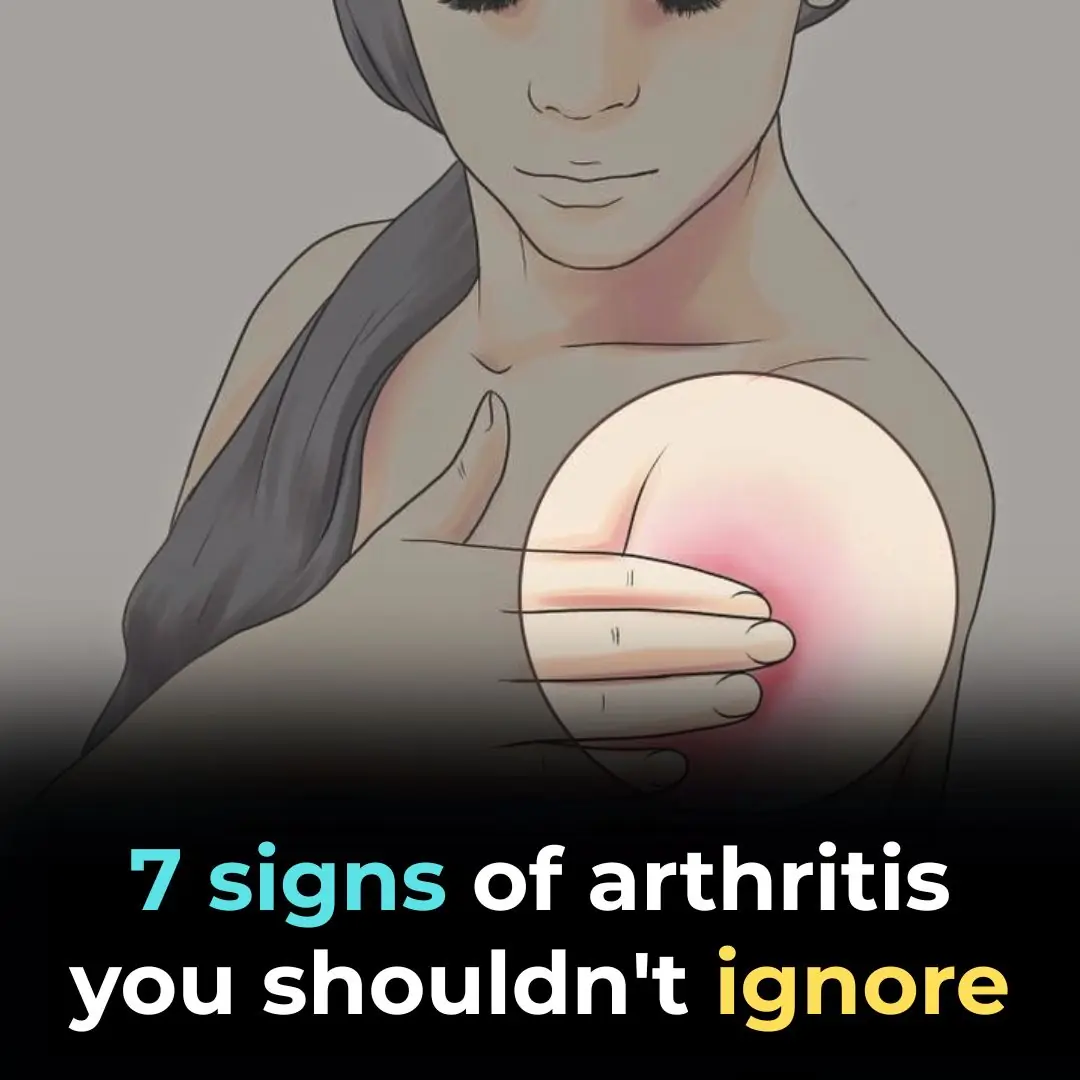
Signs of Arthritis You Shouldn’t Ignore

Research Reveals Two Life Stages of Accelerated Aging
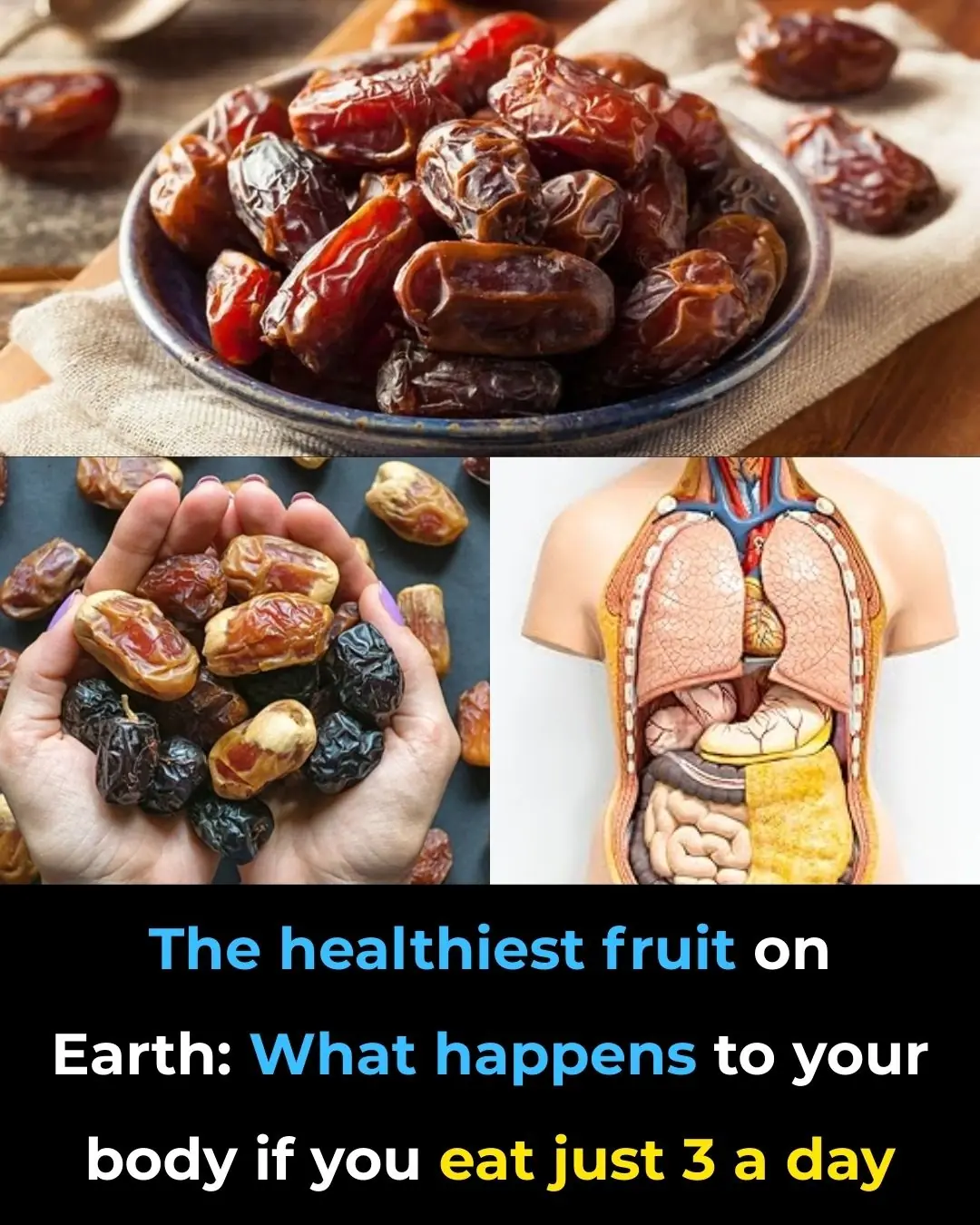
9 Convincing Reasons to Consume More Dates
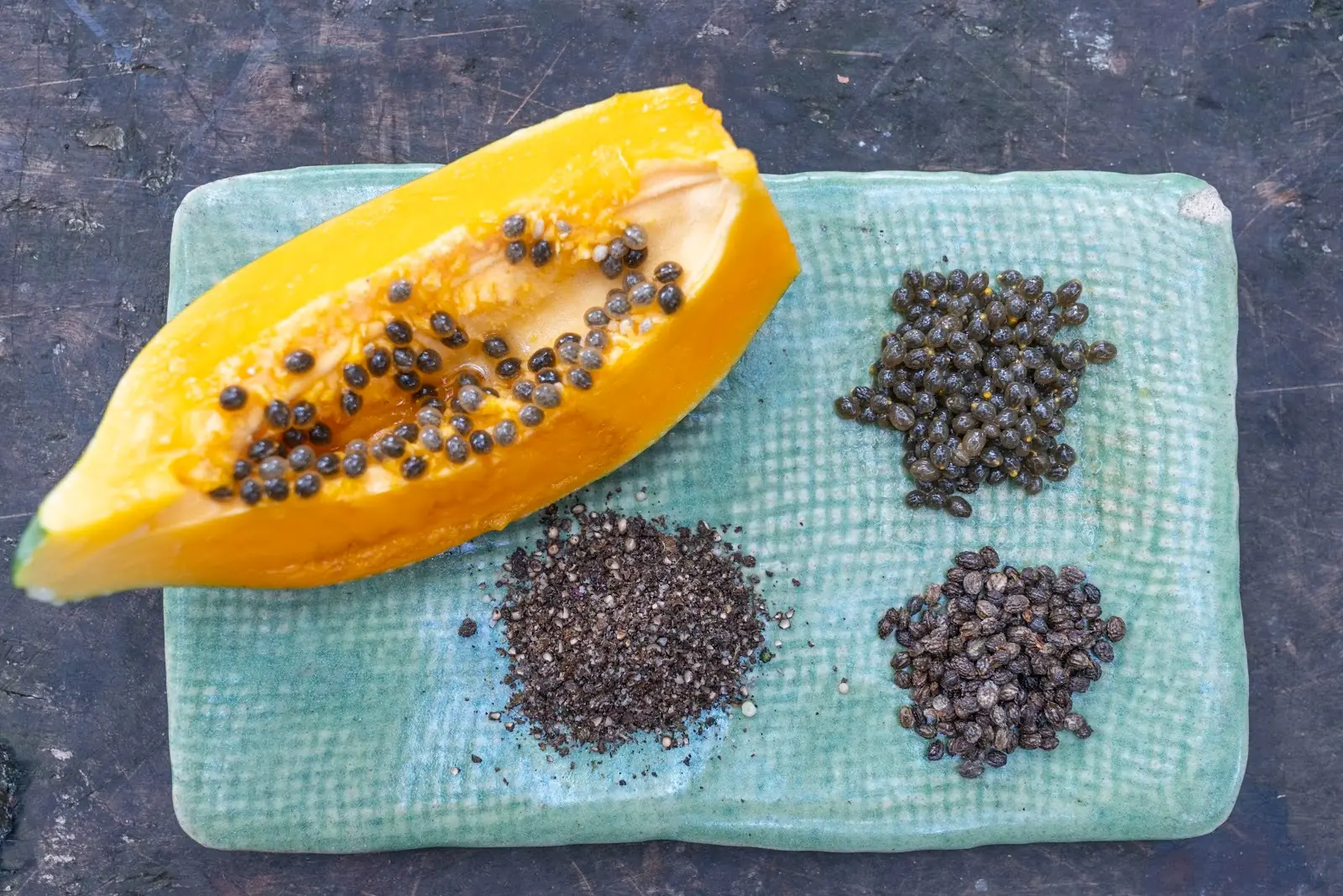
Unlocking the Hidden Potential of Papaya Seeds: A Nutritional Treasure
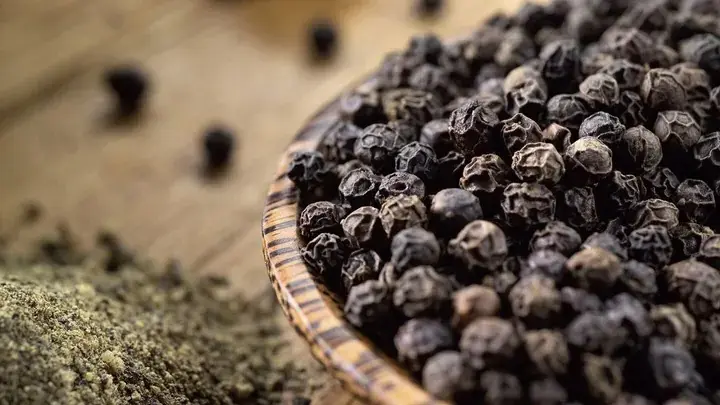
Garlic & Black Pepper: The Kitchen Cure for Leg Pain and More

Castor oil for older adults: key benefits and safety tips you shouldn’t miss

Top 10 signs of a gallbladder attack
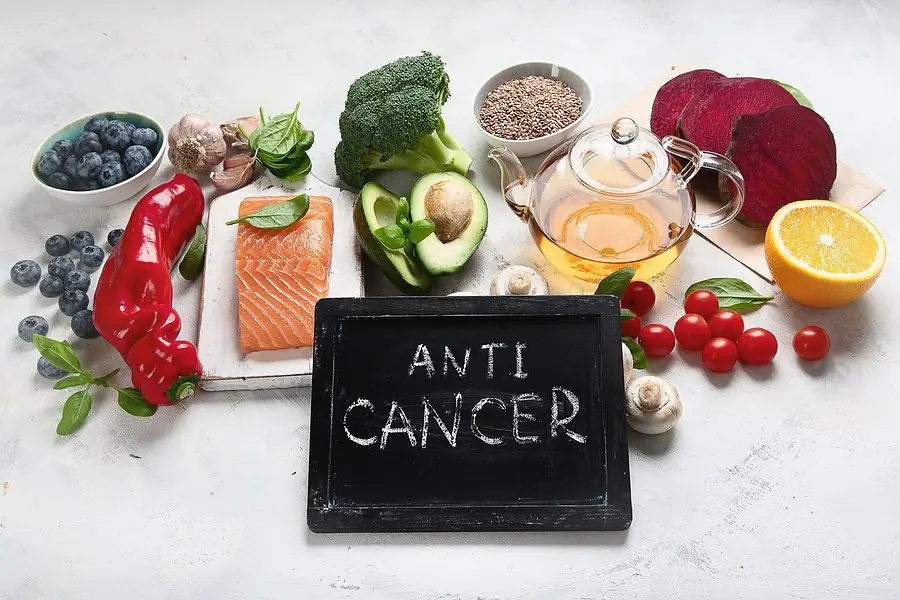
Which fruit prevents cancer cells from growing rapidly?
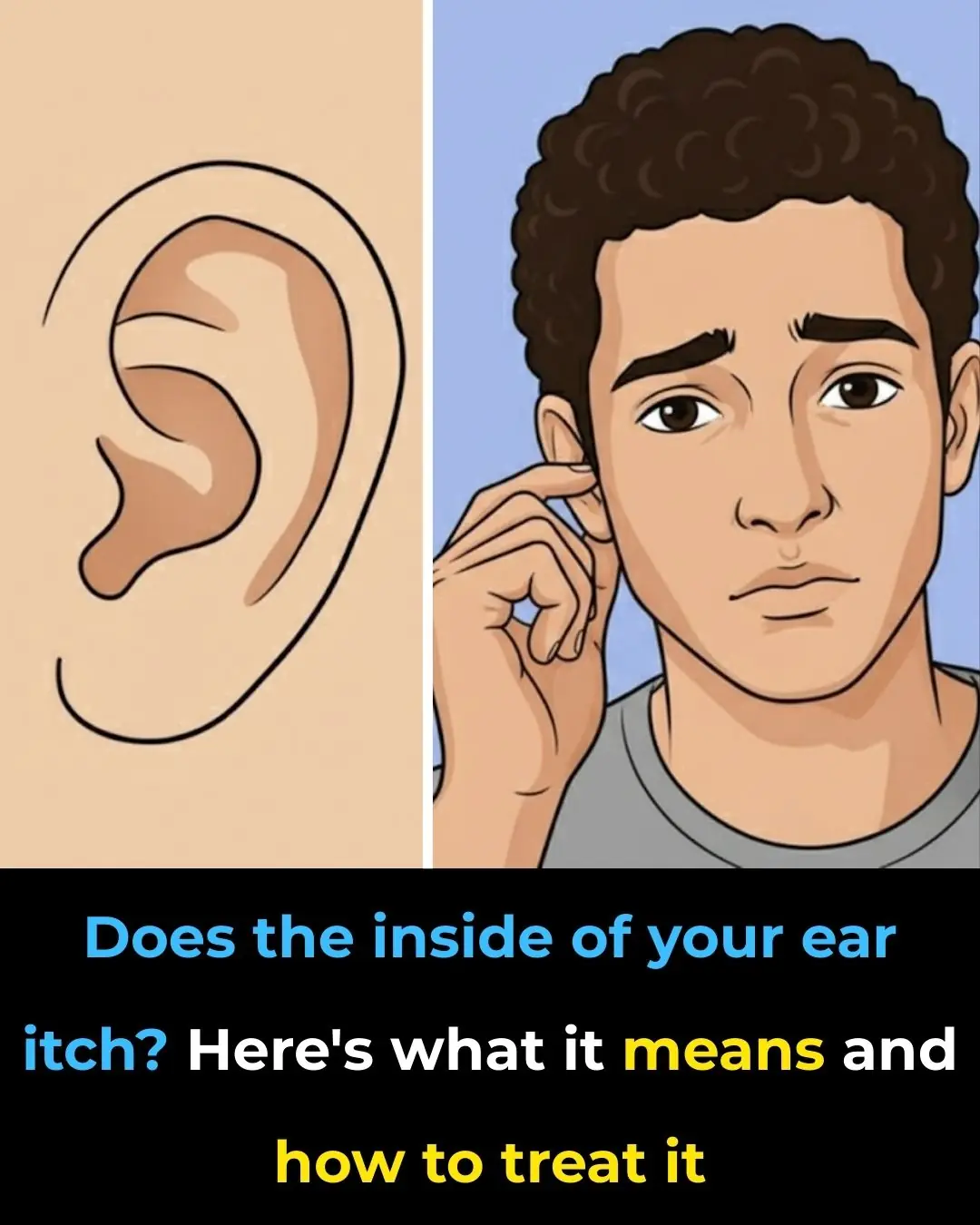
Does The Inside Of Your Ear Itch
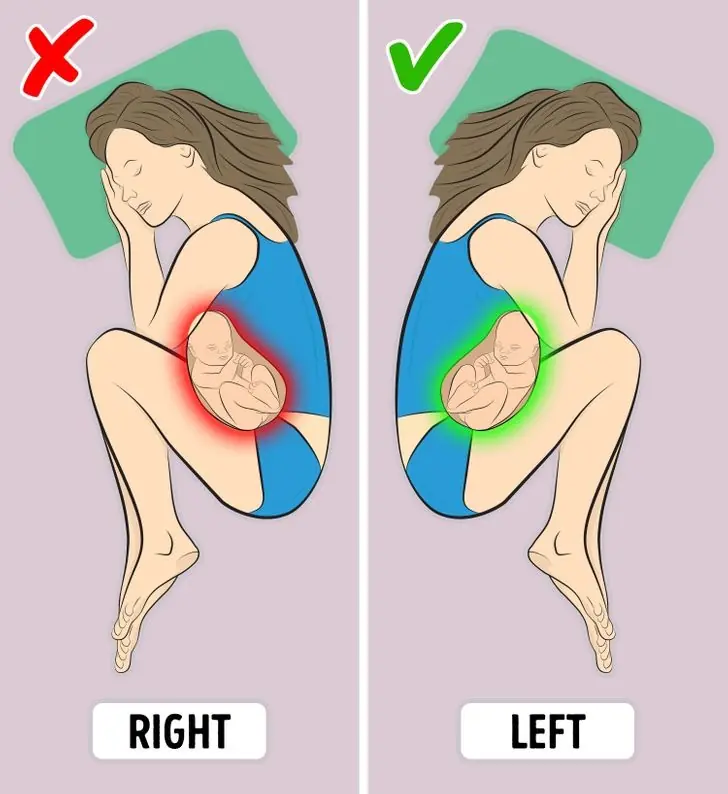
Disadvantages of Sleeping on Your Right Side: What Your Body Isn’t Telling You
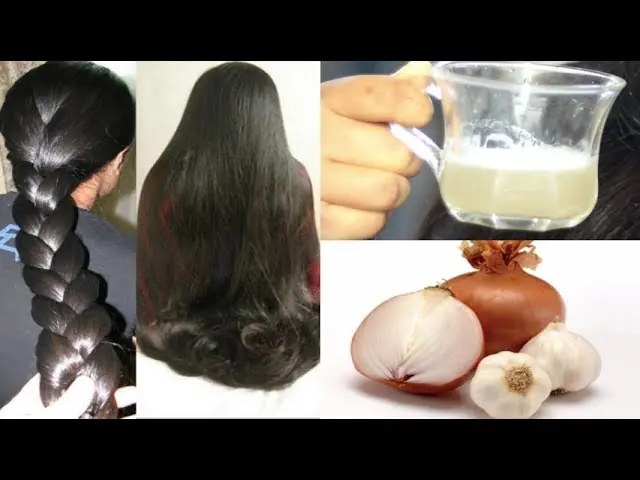
A Natural Remedy for Thinning Hair

Simple Aloe Vera Trick Will Leave Your Skin Glowing
News Post

The fish that is the "king of omega-3," with salmon only ranking second: Sold everywhere in Vietnamese markets at incredibly low prices.

Tips for using rice water and ginger to nourish your hair, promoting faster growth and making it thicker, darker, and shinier.

Treat premature gray hair with a black dye formula made from sour starfruit and potatoes, as cheap as can be!

How to store chili peppers for months while keeping them as fresh as the day they were picked, with firm, plump flesh that doesn’t dry out or lose flavor.
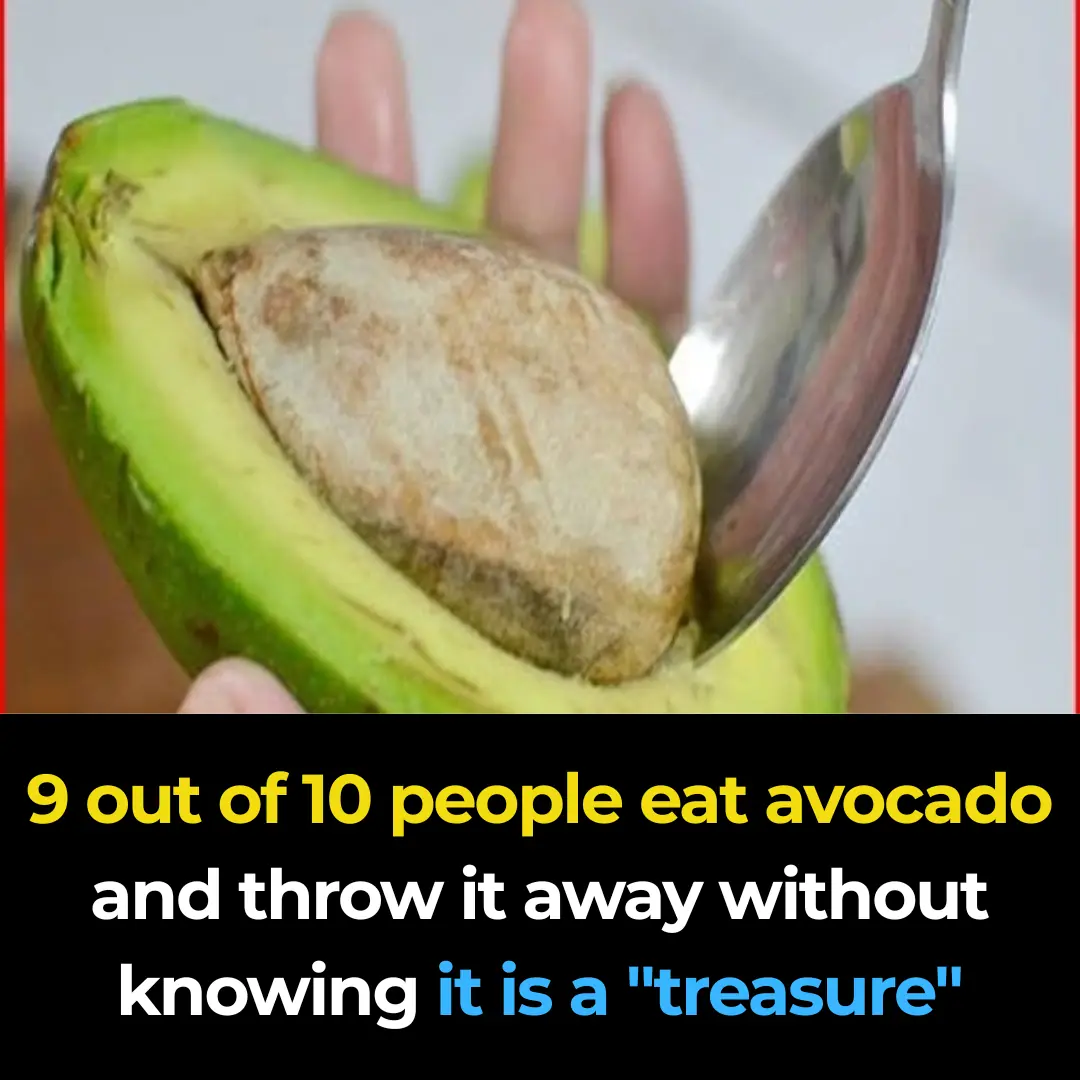
10 people eat avocado, but 9 of them discard this part without realizing it's a "treasure."

How to help you travel thousands of miles without getting motion sickness.

Stick an Urgo Patch on Your Fan: A Clever Trick That Brings Amazing Benefits—Don’t Miss Out if You Haven’t Tried It

Tips to Prevent Blackening of Pots When Using a Gas Stove: Very Simple, Everyone Should Know

Seniors: the 1 simple ingredient that quickly rebuilds muscle

Doctors warn: this 1 cancer sign may show up in your sheets

Don’t Throw Away Bubble Wrap — Keep It in Your Kitchen to Discover These Amazing Benefits

Revive Your Nails with This Garlic Secret
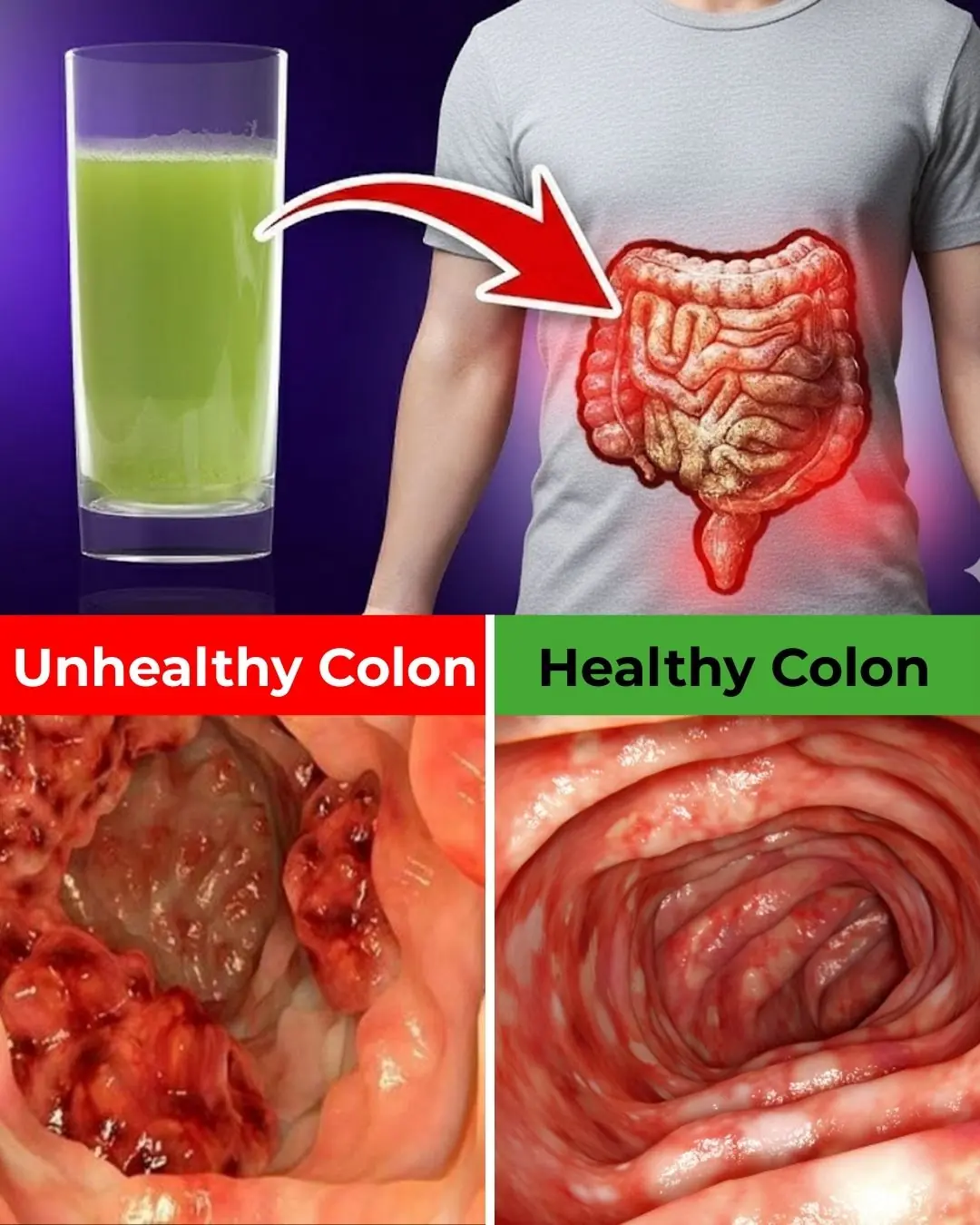
17 Natural Habits to Keep Your Colon Healthy
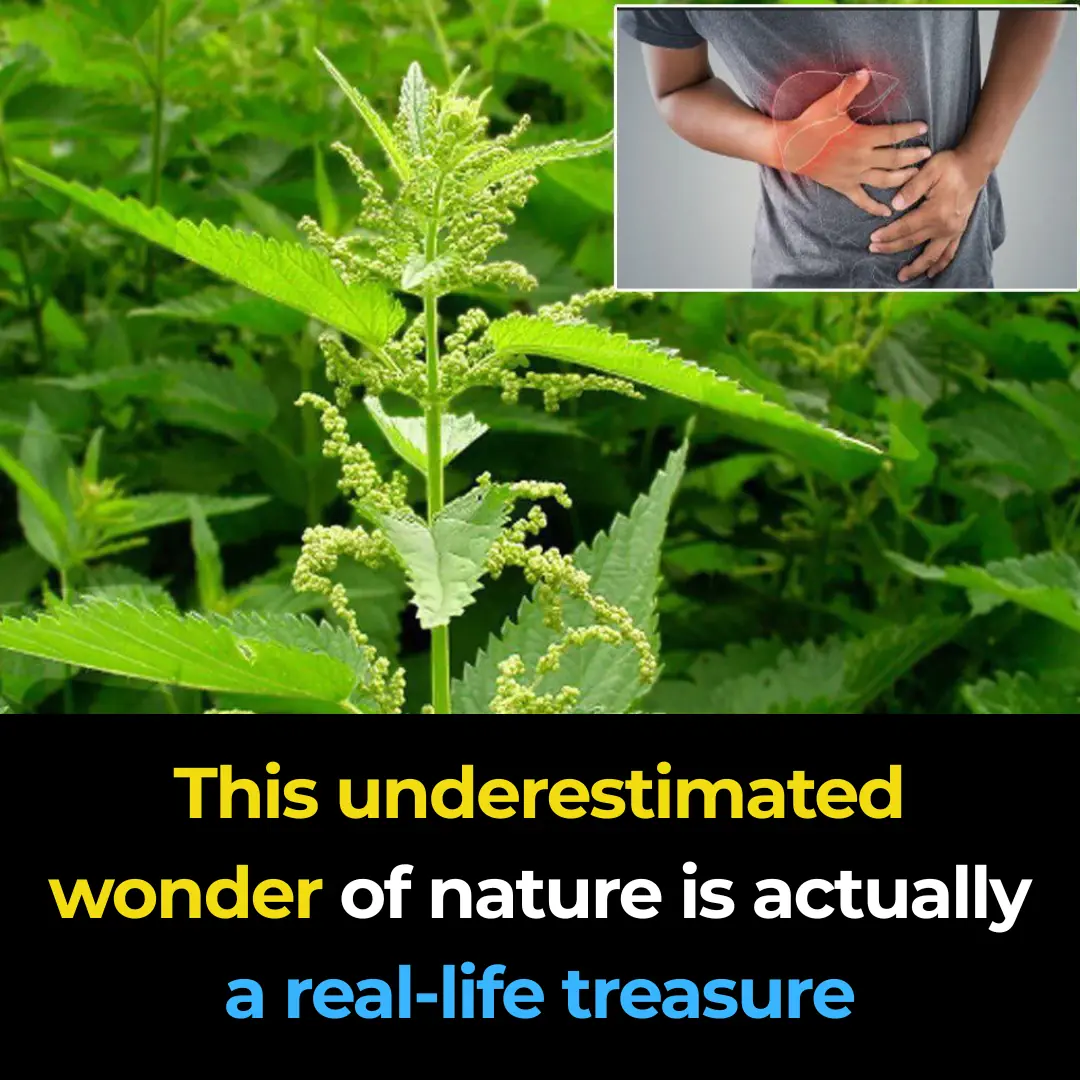
7 Nettle benefits and uses

7 Benefits Of Papaya Seeds & How To Consume Them Correctly

How Water Fasting Can Regenerate the Immune System, Slow Aging, Reduce Heart Attack Risk and More

4 Reasons Why Cardiac Arrests Happen in The Bathroom

Shoulder Pain from Sleeping: Causes, Solutions and More
